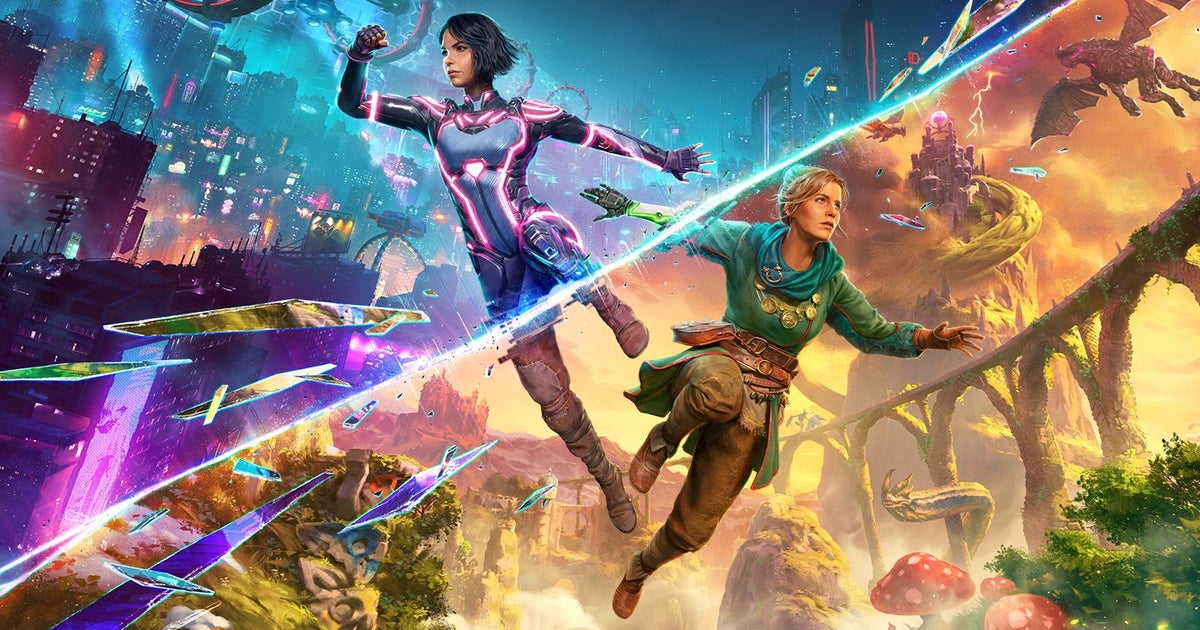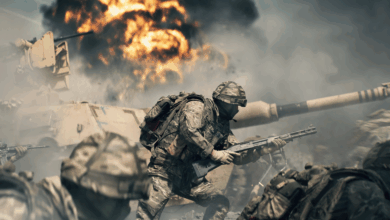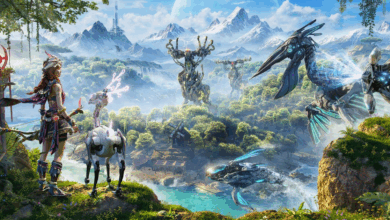35 years after being dazzled by my first video game, Split Fiction showed me there’s no stopping their ability to astonish

I always caution myself against talking about the past as if it was so much better than today. “Back in my day you could buy a Freddo for 5p, the Freddo was the size of your face, and the chocolate was better,” I might say. “Remember when you could buy a portion of chips from the Chippy, a packet of crisps, a Panda cola, and a bag or penny sweets for a quid?” I might add, ignoring the context completely. But – and I am in danger of breaking my own advice here – there was a very real sense of rapid change and advancement in video games that has dulled.
Let’s take FIFA. Back in December 1993 I showed FIFA International Soccer to my mum (who I’ve just worked out was five years younger then than I am now!) and confidently declared that “Mum, I bet you think this is real football” or something to that effect. In my defense I was a young child, but I really did believe this game was so lifelike people would think I was watching football on the TV. Fast forward less than two years and FIFA had gone 3D on 32-Bit consoles like the PlayStation (albeit with sprite-based player models), and a year later we had polygon players. That’s under three years from what was a fairly rudimentary depiction of the beautiful game to broadcast-style presentation and sweeping camera movement. There are countless examples of this level of change in a short period of time.
Things were moving fast, and that pace ultimately couldn’t continue. Ropey 3D to solid and vivid 3D worlds happened a good 20+ years ago, and since then there’s an argument that we’ve had steady iteration and improvement, but not unbelievable transformations. I rarely get that sense of utter bedazzlement these days, my eyes unable to fully trust what I’m seeing, my brain desperately trying to work out how this feat has been achieved – so when such a moment occurs, it hits hard, to the extent that I’d be punched back into my seat if feelings carried physical weight.
This little trip through my childhood and beyond leads me to Split Fiction, a two-player co-op-only game in which you essentially work together in a sort of virtual reality story that has split into fantasy (dragons, enormous bugs, lush green environments) and science fiction (metal, technology, hacking). I’ve taken a ridiculous amount of time to play through this, spanning multiple school holidays (as I’ve been playing with my son), but we finally reached the concluding moments this week.
Bedazzled, both of us – near dumbstruck even. Split Fiction is a game that frequently impresses, an idea meticulously designed and developed, then used for less than an hour when another game might have built itself entirely around that single concept. In truth, overall I prefer Hazelight’s previous co-op adventure, It Takes Two, a game that felt even more fast and loose with its ideas, but Split Fiction has an ace up its two-tone sleeve that it saves until the very end.
This bit is only for Split Fiction players, so if you’re yet to play it, what I’m about to say won’t mean much. “OMFG! Right?!” If you’re yet to play it, well, hopefully this article spurs you on to. The split worlds mechanic that is at play throughout the game is pushed to its limit in a way that had my son and I turning to each other time and time again, seemingly to check that this was indeed happening and to acknowledge it as, as my son put it, “incredibly cool.” The things the dev team at Hazelight managed to visualise and tie to gameplay are magical. The kind of inspiring stuff that is easy to think is stuck in the past.
Full-on spoilers here would be a terrible shame for those not in the know, but I really want to emphasise just how taken aback I was by these sequences. I remember watching Top Gun: Maverick a few years back and thinking to myself, “now this is cinema,” in a kind of Johnny Vaughan’s Moviewatch kind of way (that ages me!). I was as thrilled by the movie-making craft in Joseph Kosinski’s film as I was when I watched the animated Transformers movie as a tiny child in the 80s. High brow films they are not, but damn if they aren’t personal touchstones that generate that illusive feeling of wonder. It’s the same thing here.
Split Fiction delivered. That is what video games have always been about for me, and thankfully what they still are.



